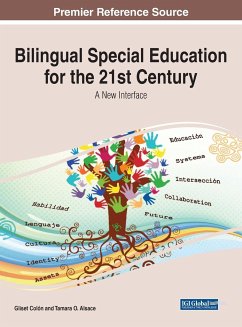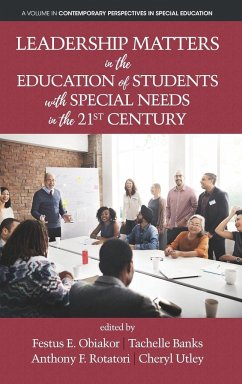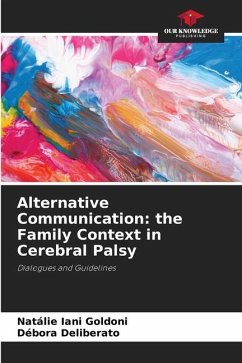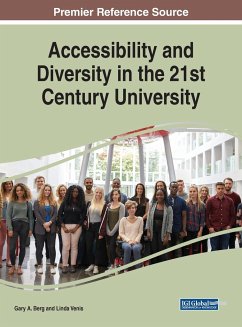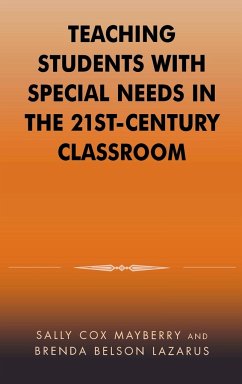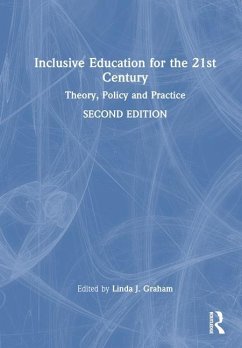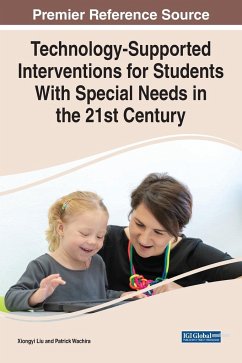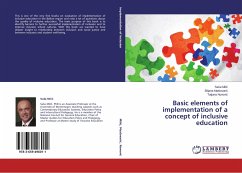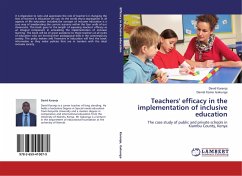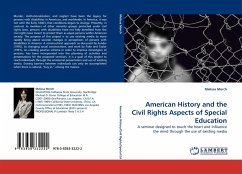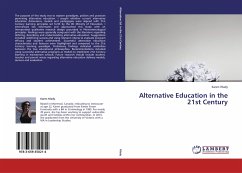
Alternative Education in the 21st Century
Versandkostenfrei!
Versandfertig in 6-10 Tagen
45,99 €
inkl. MwSt.

PAYBACK Punkte
23 °P sammeln!
The purpose of this study was to explore paradigms, policies and practices governing alternative education. I sought whether current alternative education dimensions, models and pedagogies were aligned with 21st Century learning principles set forth by the BC Ministry of Education. I interviewed key informants and approached this study with an Interpretivist qualitative research design grounded in Phenomenological principles. Findings were generally congruent with the literature regarding defining, describing and understanding alternative education. Suggestions included redefining success and ...
The purpose of this study was to explore paradigms, policies and practices governing alternative education. I sought whether current alternative education dimensions, models and pedagogies were aligned with 21st Century learning principles set forth by the BC Ministry of Education. I interviewed key informants and approached this study with an Interpretivist qualitative research design grounded in Phenomenological principles. Findings were generally congruent with the literature regarding defining, describing and understanding alternative education. Suggestions included redefining success and using relevant criteria to evaluate program efficacy and student achievement. Successful alternative education characteristics and features were highlighted and compared to the 21st Century learning paradigm. Preliminary findings indicated similarities between the two educational philosophies. Recommendations included using successful alternative programs as models to implement 21st Century learning in mainstream schools. Future research should include student, teacher and parent voices regarding alternative education delivery models, services and evaluation.



